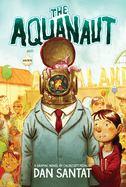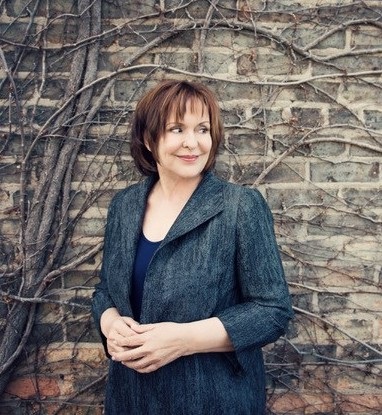 Jacquelyn Mitchard is the author of 12 novels for adults, seven novels for teens and five children's books. Her debut novel, The Deep End of the Ocean, was the first selection of the Oprah Winfrey Book Club in 1996. Born in Chicago, Mitchard now lives on Cape Cod with her family, including her nine children and one grandson. The Good Son (Mira, January 18, 2022) presents a powerful question: What do you do when your child does something unimaginable?
Jacquelyn Mitchard is the author of 12 novels for adults, seven novels for teens and five children's books. Her debut novel, The Deep End of the Ocean, was the first selection of the Oprah Winfrey Book Club in 1996. Born in Chicago, Mitchard now lives on Cape Cod with her family, including her nine children and one grandson. The Good Son (Mira, January 18, 2022) presents a powerful question: What do you do when your child does something unimaginable?
On your nightstand now:
Sharing pride of place are The Mirror and the Light, the final book in Hilary Mantel's trilogy about Thomas Cromwell, and my pal Christina Baker Kline's newest novel, The Exiles. I loved Mantel's trilogy so much I had to stop reading it and read a couple of other books at times so that I wouldn't have to face finishing it.
Favorite book when you were a child:
It was National Velvet by Enid Bagnold, the story of a young English girl who wins a horse with a shilling raffle ticket and ends up winning the Grand National steeplechase. I still love it. Like all girls, I loved horses--that is, I loved them until I actually got one. But the book is hypnotically, beautifully written and I realize now how much I've patterned my own writing after Bagnold's.
Your top five authors:
I'm going to leave out all my close friends, whose books I read, of course, like religion, and name these:
Anything Elizabeth Strout or Ann Patchett writes, I'm going to read like Christmas morning. Charles Finch writes the most absorbing, elegant British mysteries about Charles Lenox, a Victorian peer of the realm who is a detective--for free. Charlie also is an award-winning book critic and writes literary fiction, just as terrific. Edward P. Jones wrote The Known World, set in antebellum Virginia, on and around the Townsend plantation, about the lives of slave owners, both white and Black, a story that challenges every stereotype about humanity and inhumanity. It won the National Book Critics Circle award and the Pulitzer Prize in 2004 and should have won everything else, as well. Eleanor Catton wrote The Luminaries, a tale of shipping, banking and the New Zealand gold rush, that should have comprised everything I wasn't interested in but enthralled me. Please let me also include Julia Phillips, who wrote the most amazing novel set in Kamchatka, Disappearing Earth, which is her first novel, for which I am so jealous I could fall over. This book has one of the most poignant and powerful endings of anything I've ever read.
Book you've faked reading:
Ulysses by James Joyce. If all the writers who faked reading Ulysses were to turn purple, the New York Times bestseller list would look like a bunch of grapes.
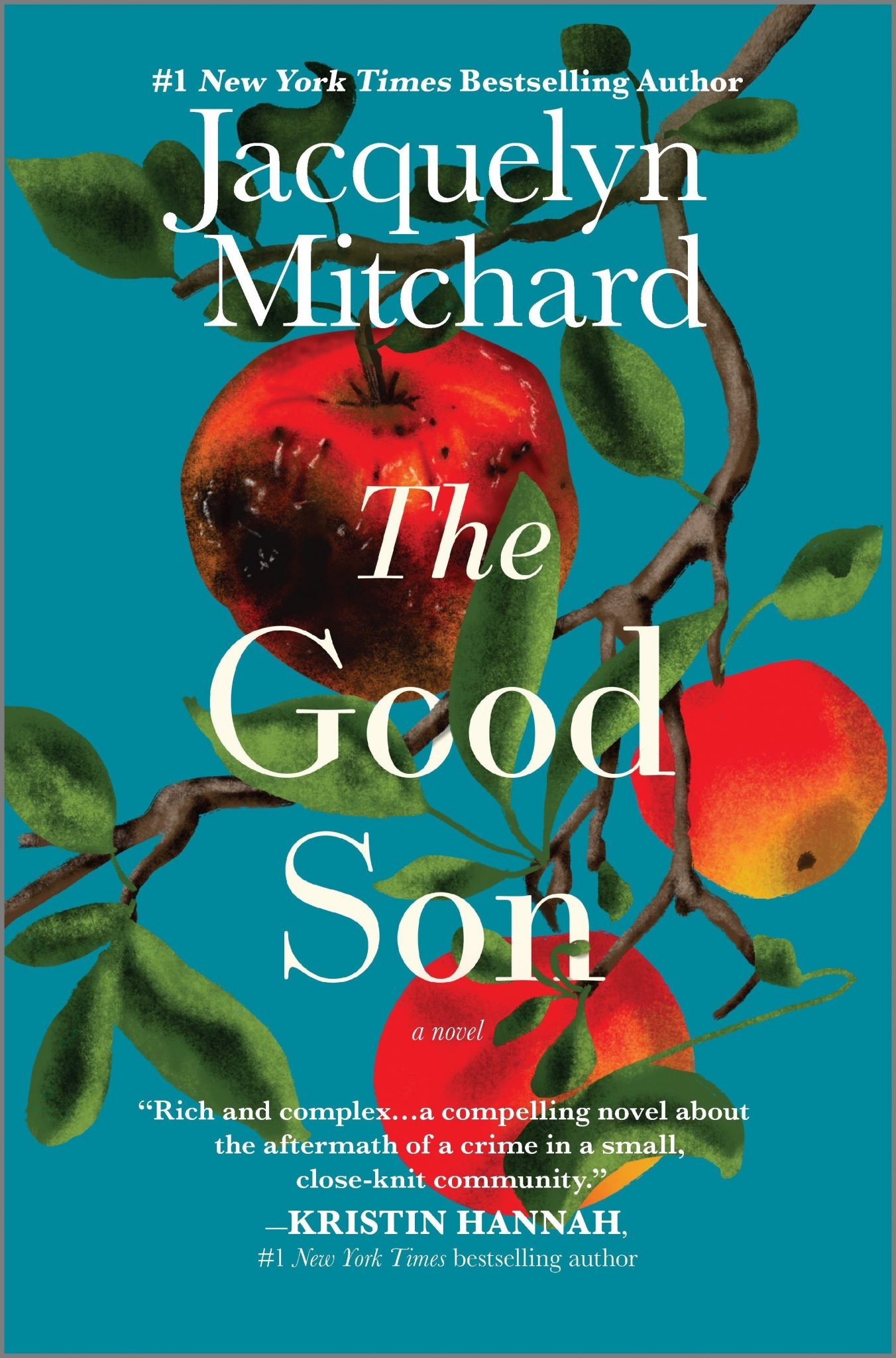 Book you're an evangelist for:
Book you're an evangelist for:
Station Eleven by Emily St. John Mandel. I buy it for people and bring it to dinner parties instead of a bottle of wine. I force my poor MFA students to read it, and every time they do, I read it again, marveling at its heart and intricacy and narrative power. It's a post-apocalyptic story, so science fiction, and I don't read science fiction, although my mentor, Ray Bradbury, was one of the great science fiction writers of all time. This book is about art and survival and love and evil and everything.
Book you've bought for the cover:
Mexican Gothic by Silvia Moreno-Garcia. I wouldn't have cared if it was blank inside, just so I could have it near me, but it was filled with a great, wild story.
Book you hid from your parents:
Another Country by James Baldwin. My mother actually hid it from me, but I found it and then hid it from her.
Book that changed your life:
A Tree Grows in Brooklyn by Betty Smith. It remains my very favorite book of all time. I was that girl who grew up in a tough neighborhood, dreaming of the way that stories could set you free. My firstborn daughter is named Francie Nolan, after the main character in that book.
Favorite line from a book:
"There's a tree that grows in Brooklyn. Some people call it the Tree of Heaven.... It grows lushly... survives without sun, water, and seemingly without earth. It would be considered beautiful except that there are too many of it." --A Tree Grows in Brooklyn by Betty Smith
Five books you'll never part with:
I have purchased and parted with more books than many small libraries, but I will always keep my signed copies of The Homecoming by Ray Bradbury; A Tree Grows in Brooklyn (which was given to me by my agent, and which has some letters from Betty Smith to her agent tucked in the middle); a first edition of True Grit by Charles Portis; and the 50th-anniversary edition of To Kill a Mockingbird, which is signed to me by Nelle Harper. She actually sent it to me, after a neighbor of hers told her about one of my books, but I'd moved away from the house where I had lived for a long time and the people who bought the house just kept the padded envelope in the garage for ages until one day they remembered it and called me. I drove over there with my oldest kid, who was then only about 14, and when we unwrapped it, we both burst into tears. So now you notice, that's only four books, right? There were five. Someone once gave me a signed first edition of In Cold Blood by Truman Capote, which I utterly treasured, but my husband sold it for $1 when we had a garage sale--and that title says it all. The man is lucky to still be alive.
Book you most want to read again for the first time:
Kazuo Ishiguro's Never Let Me Go. I want to experience the realization about the lives of the children at the boarding school just one more time so I can be totally knocked off my perch, aghast.
Book you read that taught you most about writing:
That would be Charming Billy by Alice McDermott. Almost nothing huge really happens in that book. Some people live their lives. A man struggles with alcohol after the loss of his much-idealized first love, but that kind of thing haunts many lives, doesn't it. But McDermott won the National Book Award for this book because it's so imbued with humanity, grace, humor and an indelible sense of place. I think about it all the time and how quietly ambitious it is
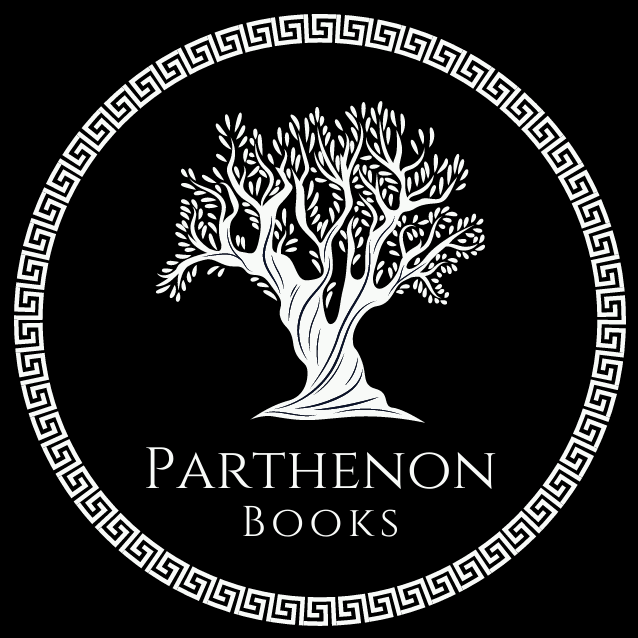










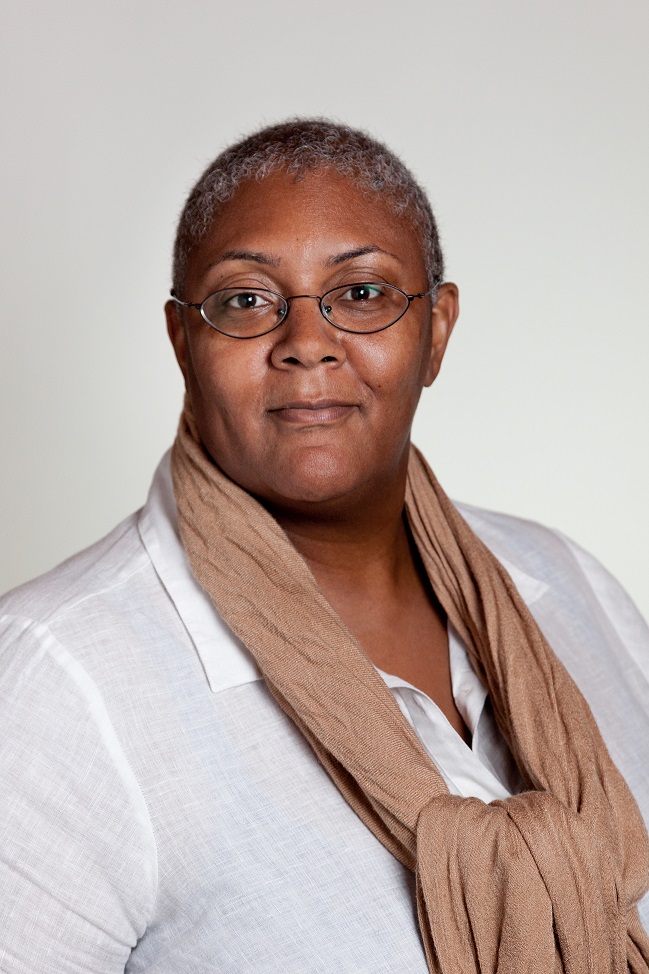

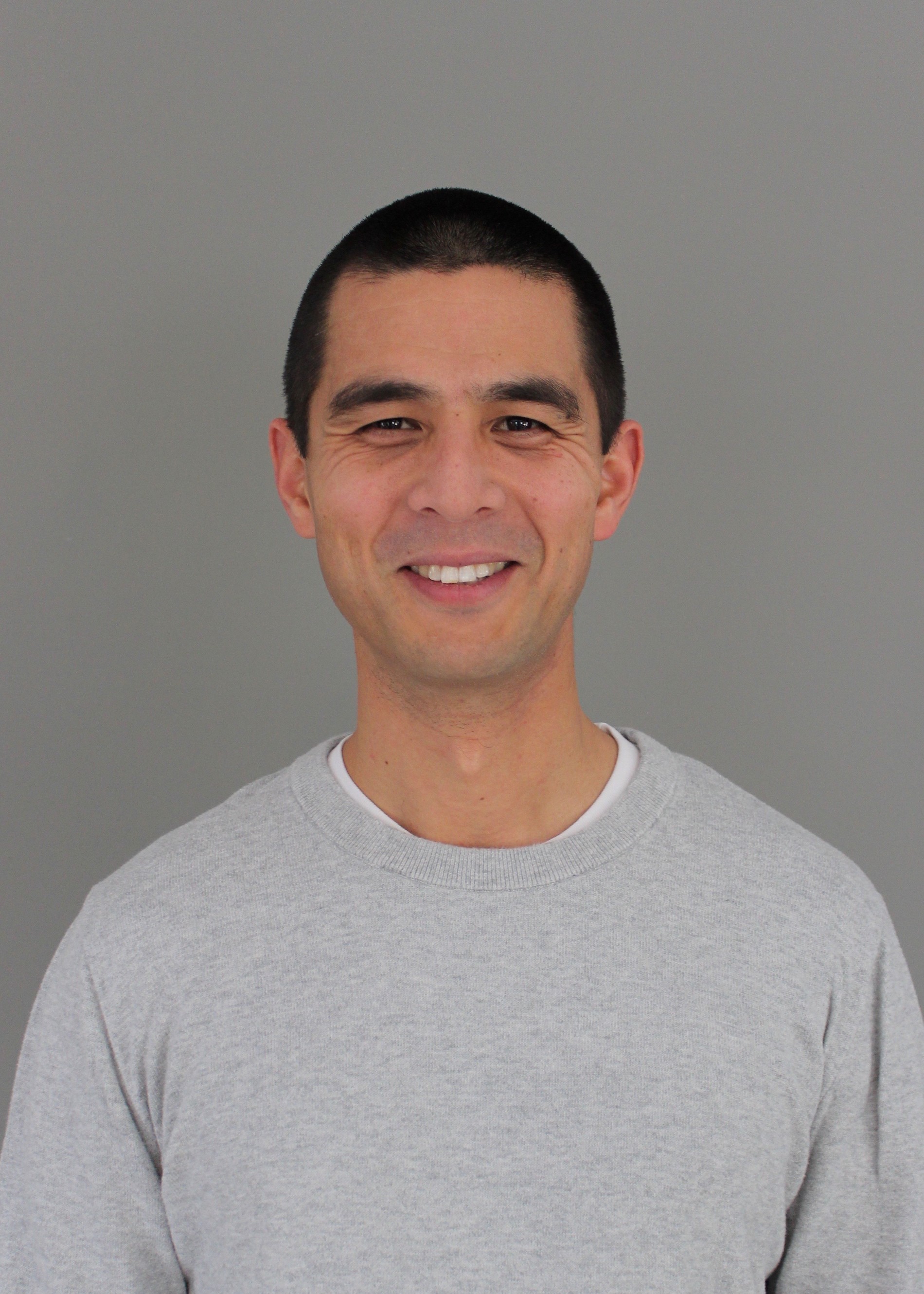
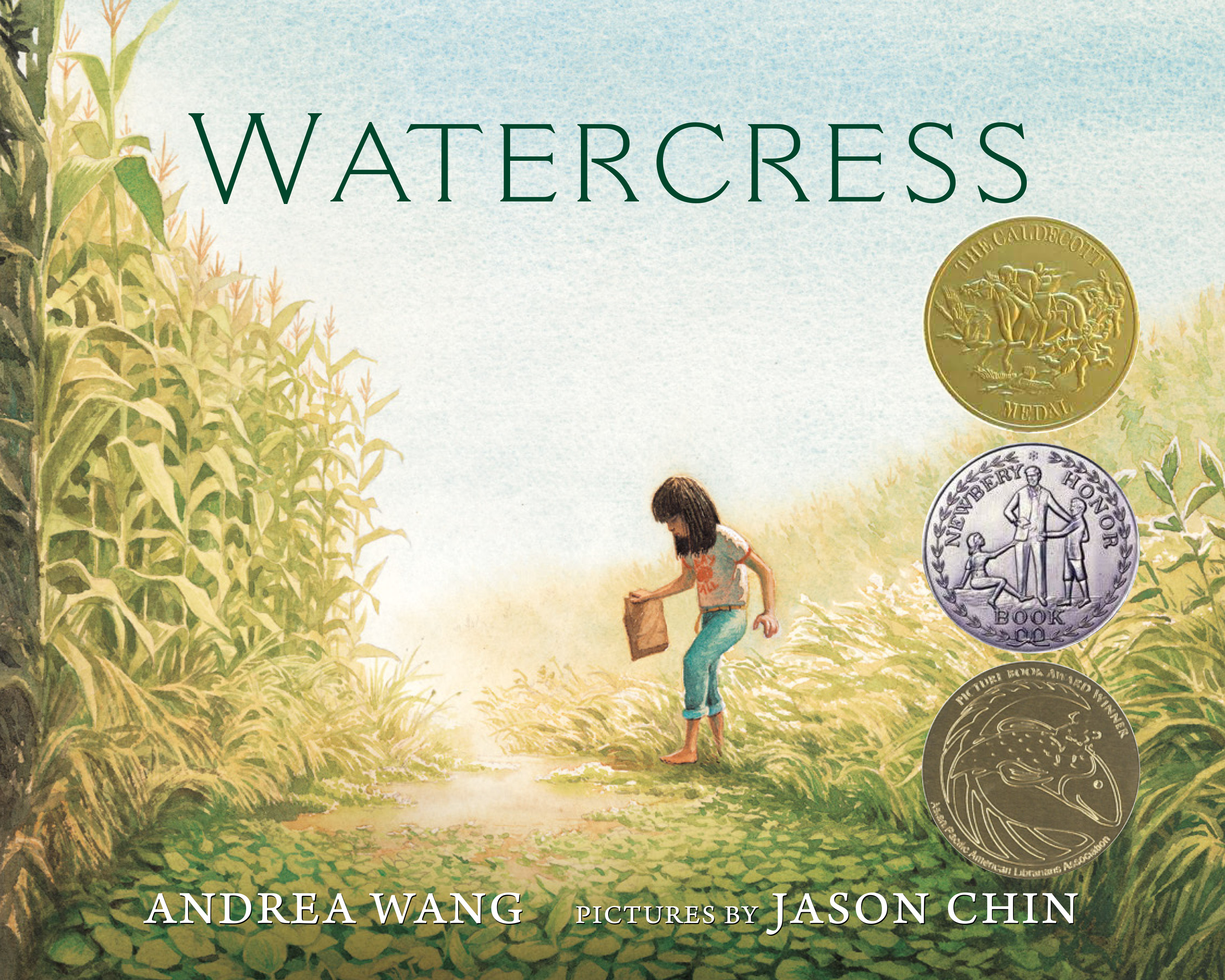 You've illustrated other people's text as well as your own--did you work with Andrea Wang directly during the creation of Watercress? Did you set out to make the family in the book look like her and her family?
You've illustrated other people's text as well as your own--did you work with Andrea Wang directly during the creation of Watercress? Did you set out to make the family in the book look like her and her family? 
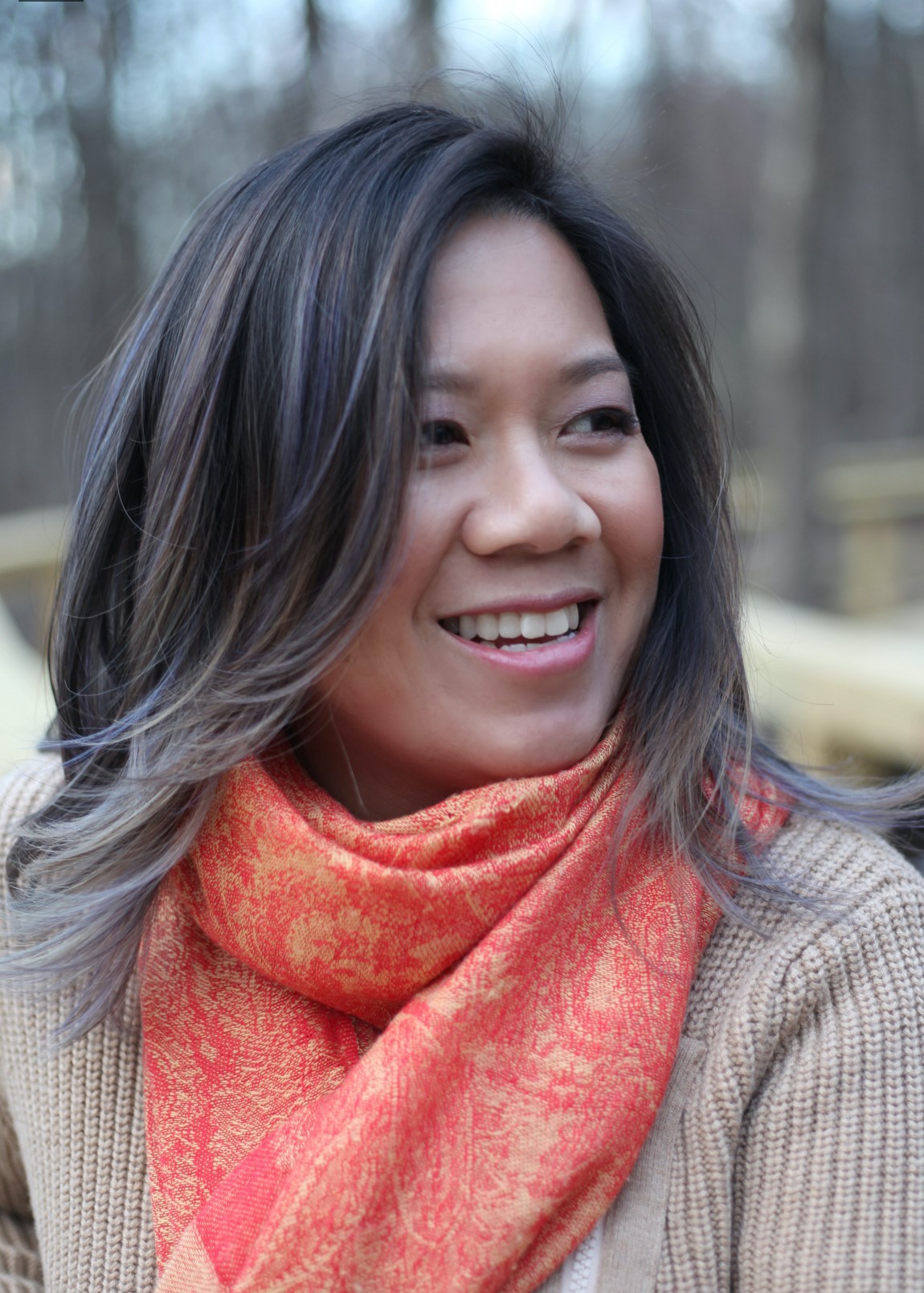
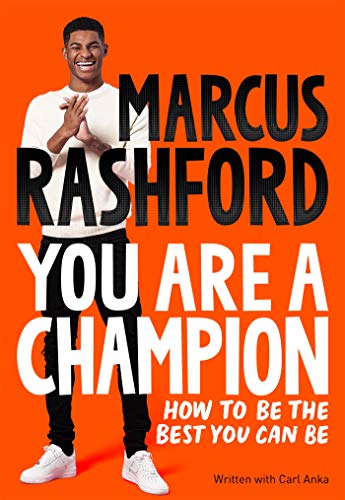 Children's nonfiction books have posted record sales
Children's nonfiction books have posted record sales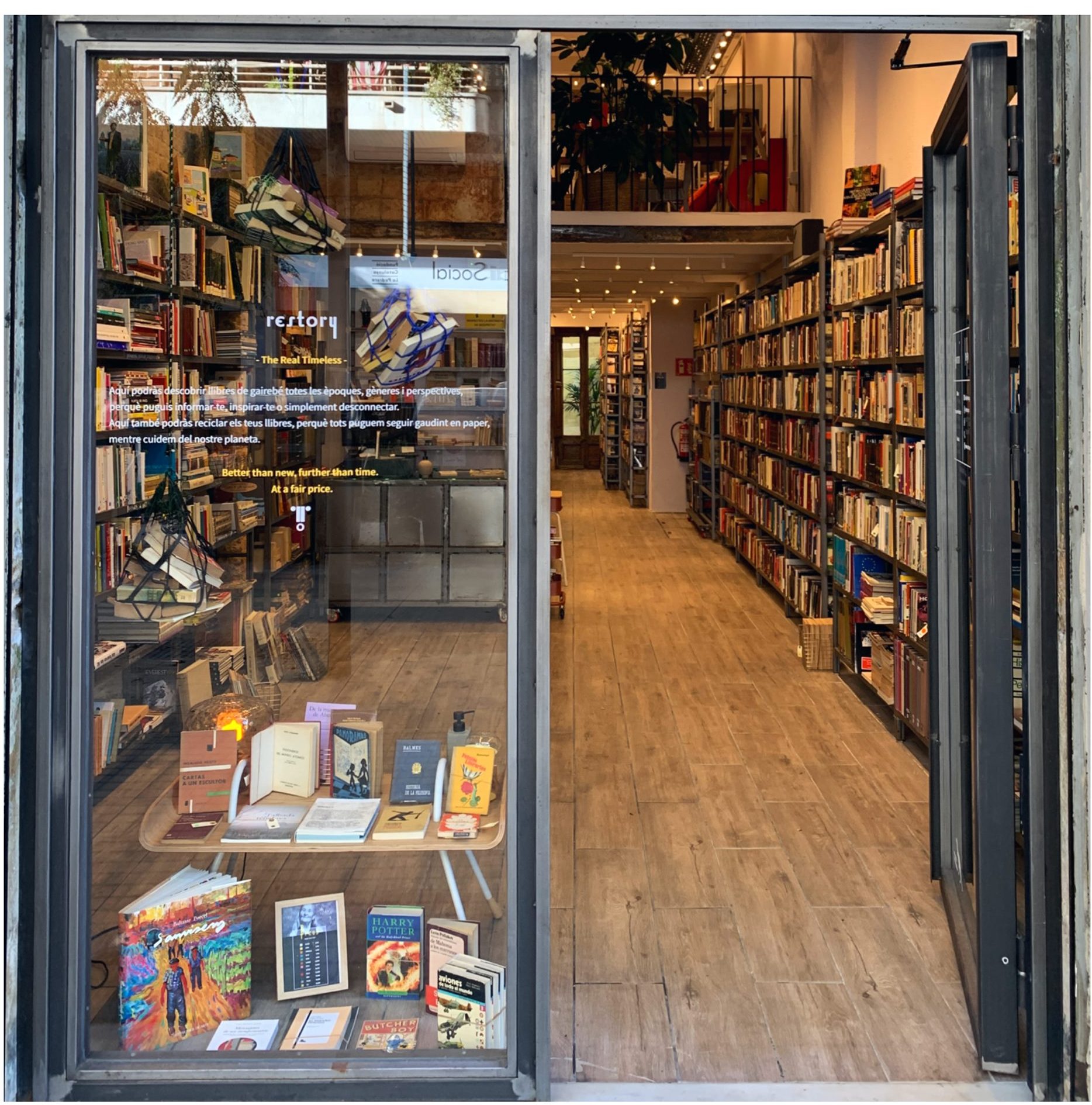
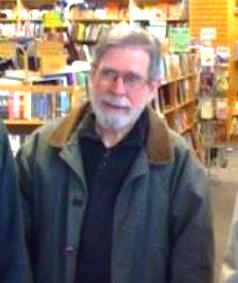
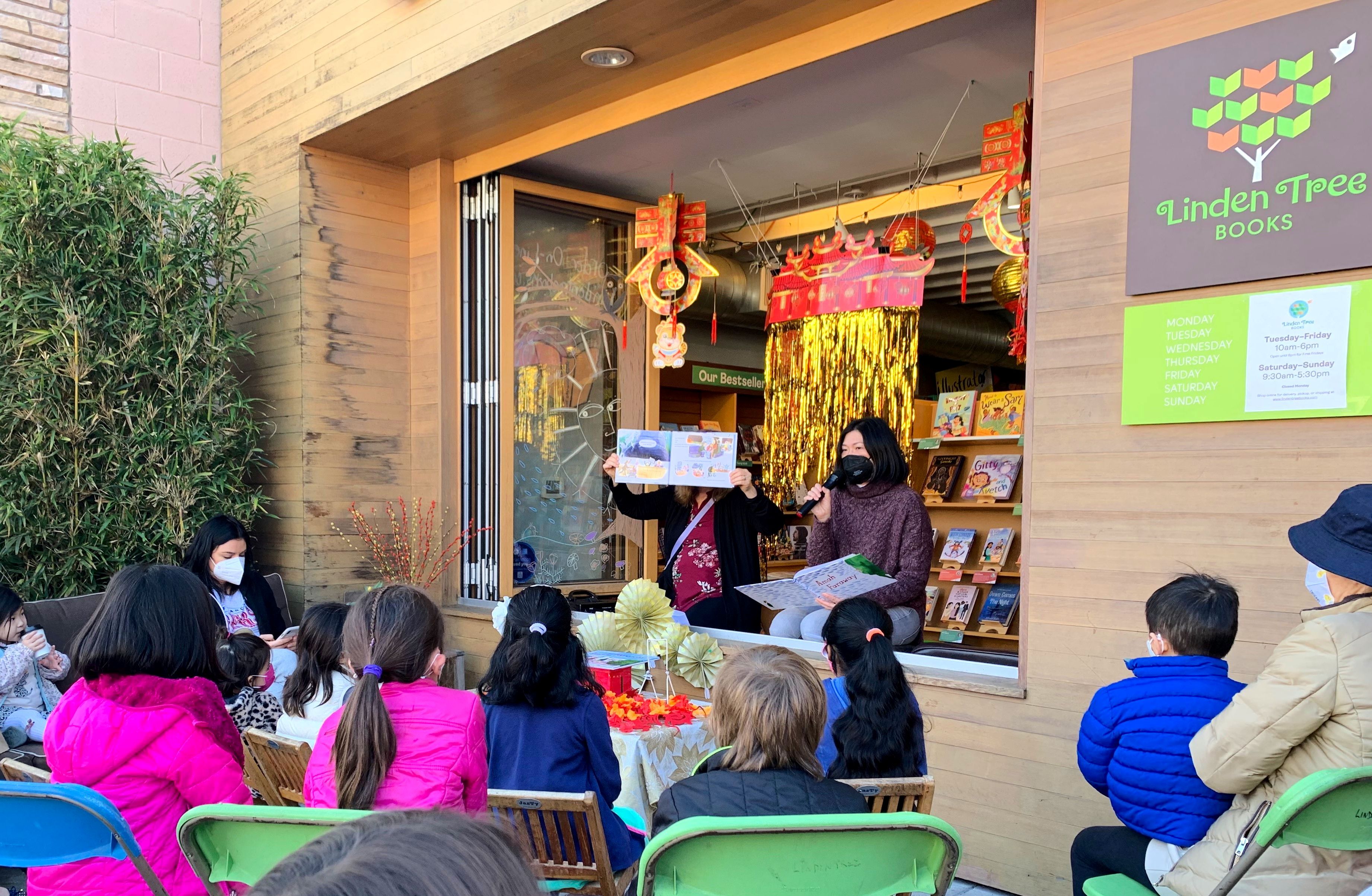
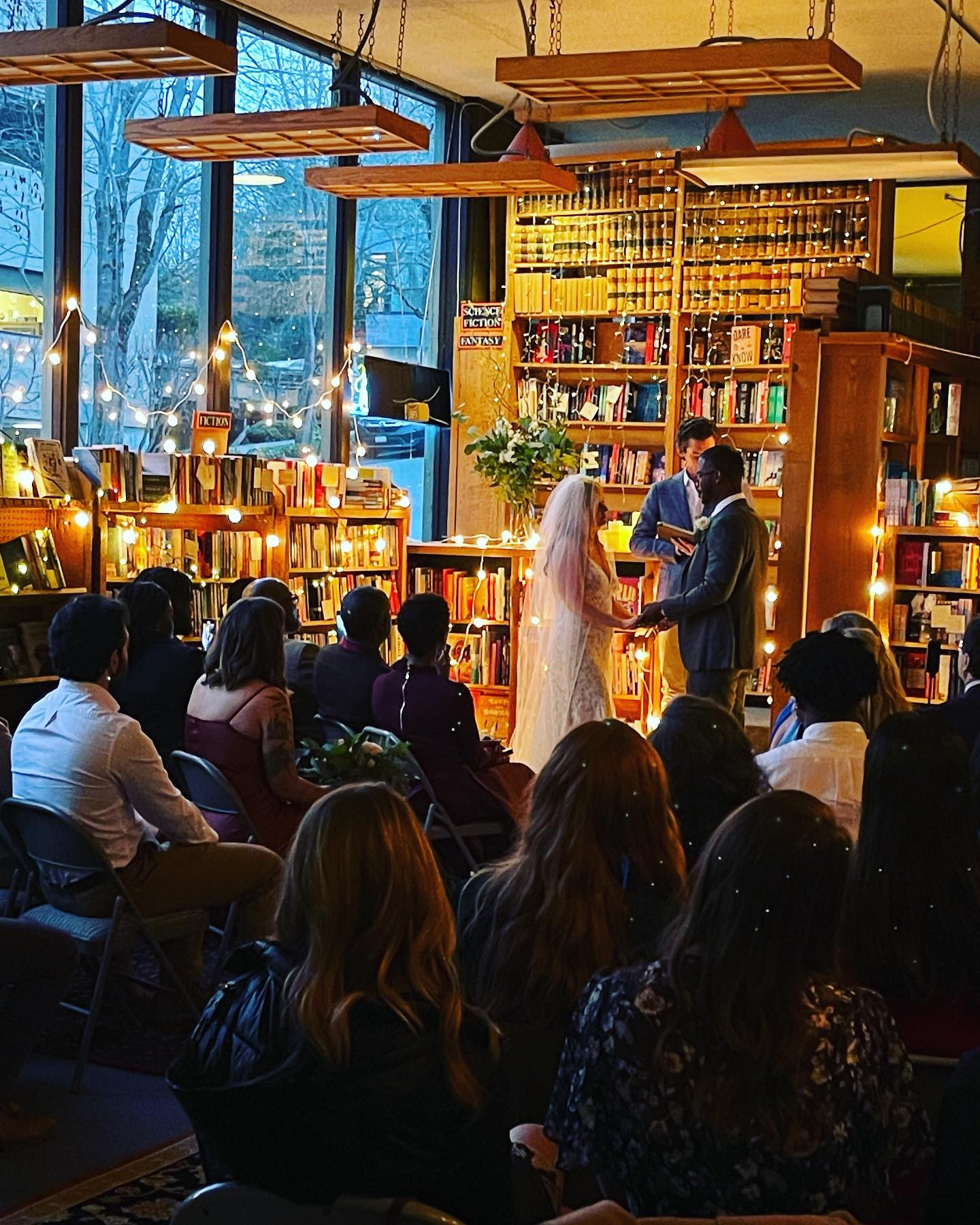
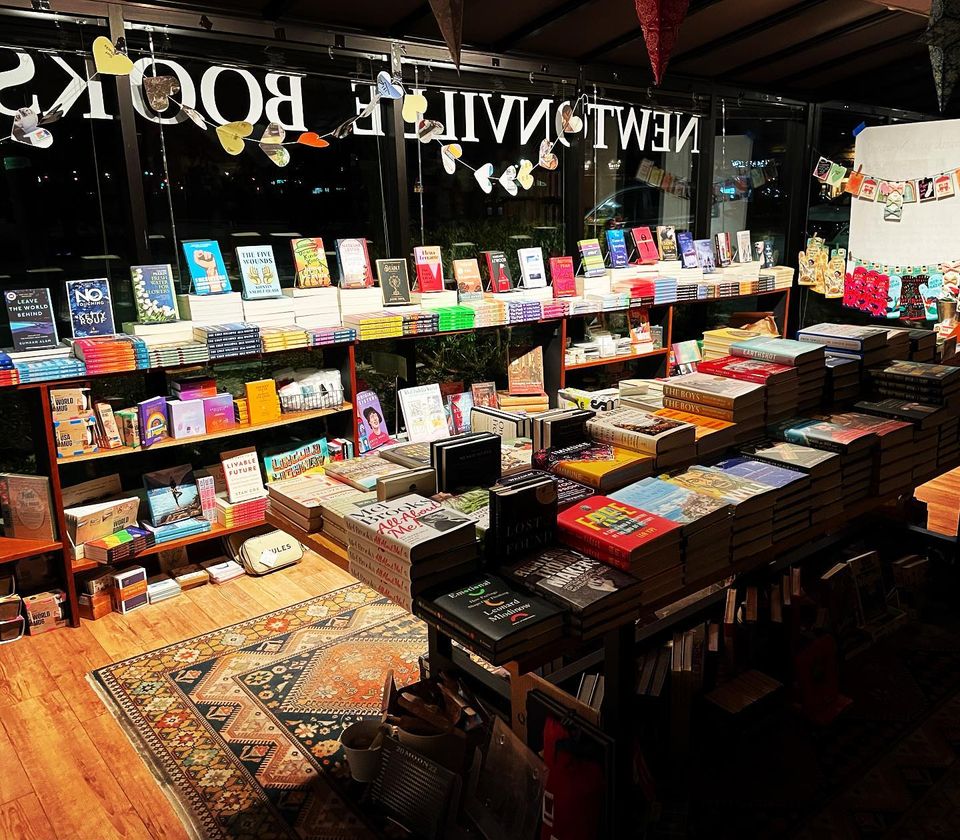 "
"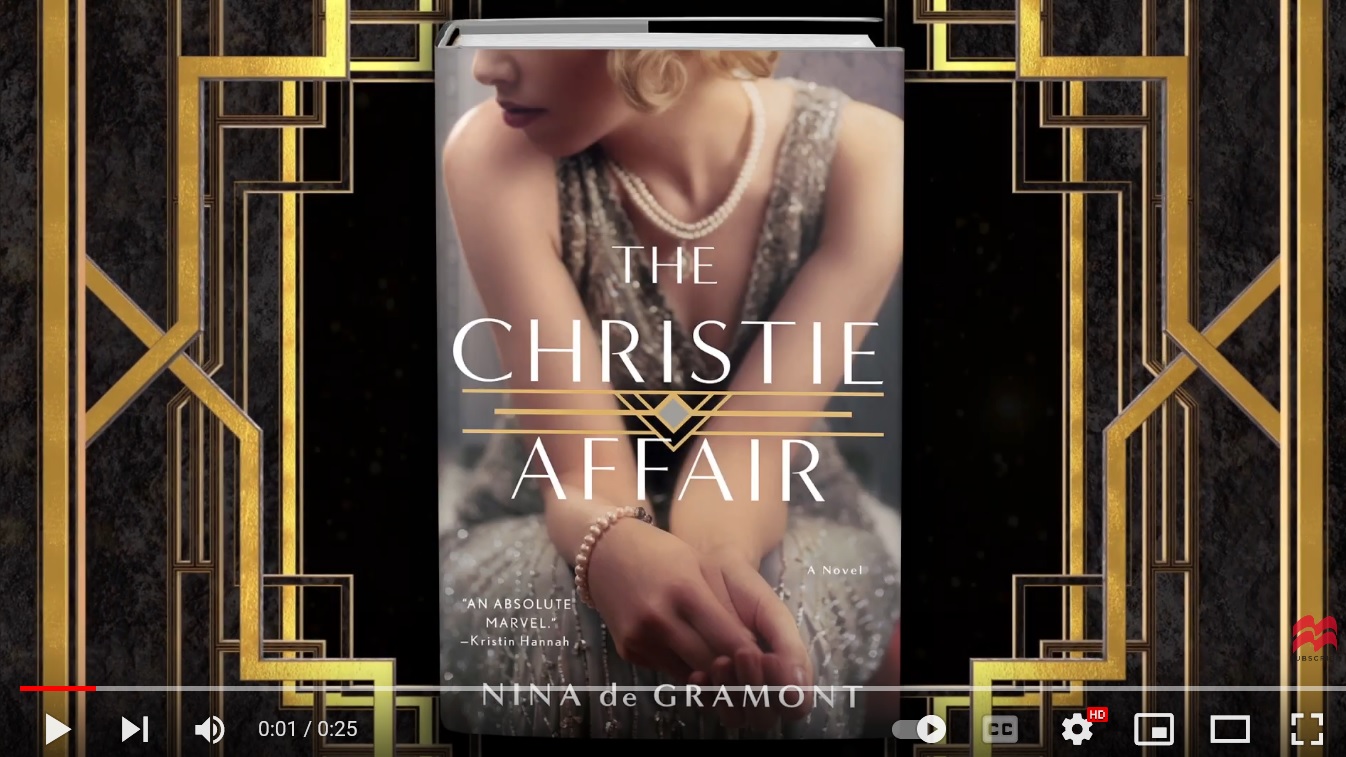 The Christie Affair
The Christie Affair
 Book you're an evangelist for:
Book you're an evangelist for: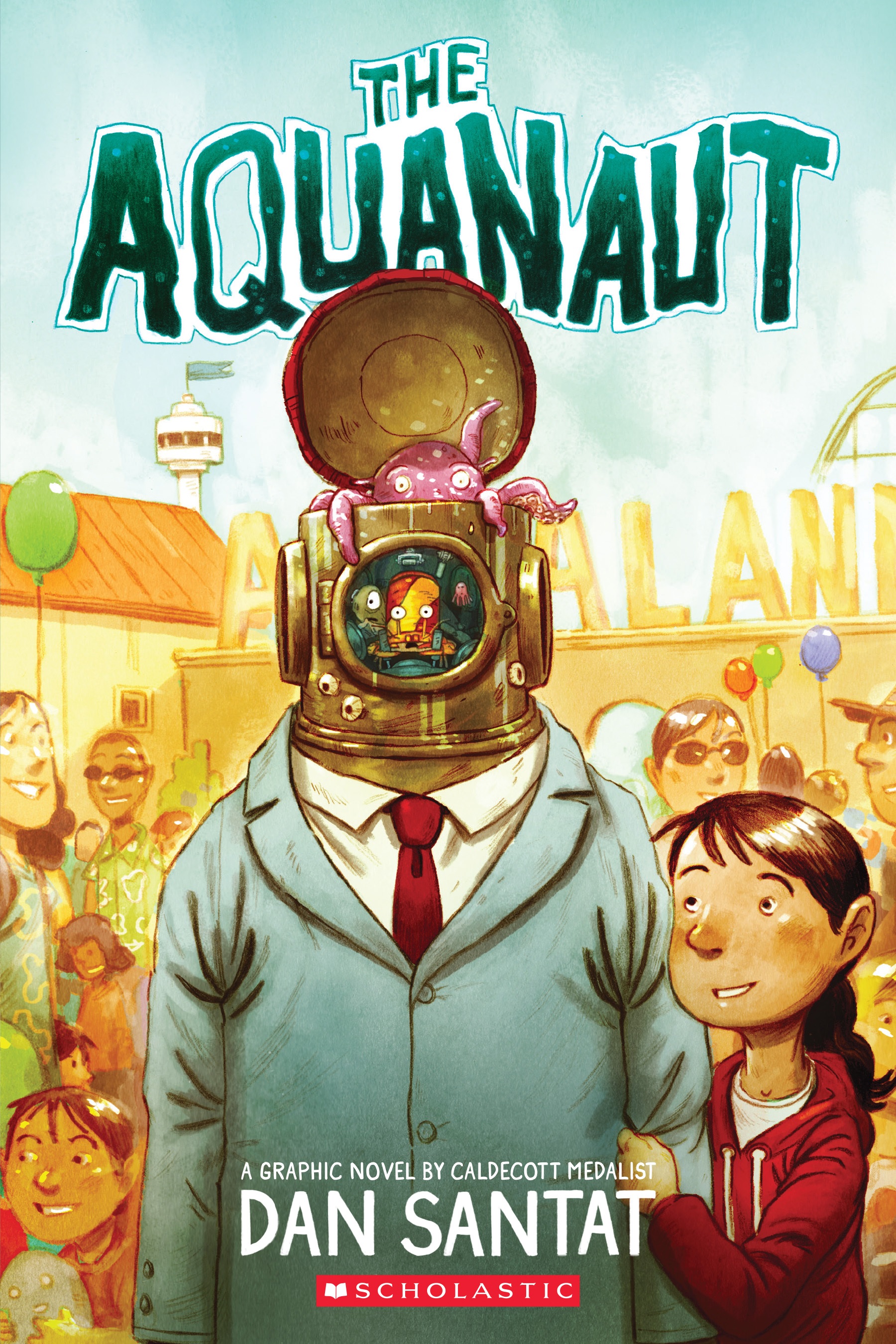 Dan Santat (
Dan Santat (